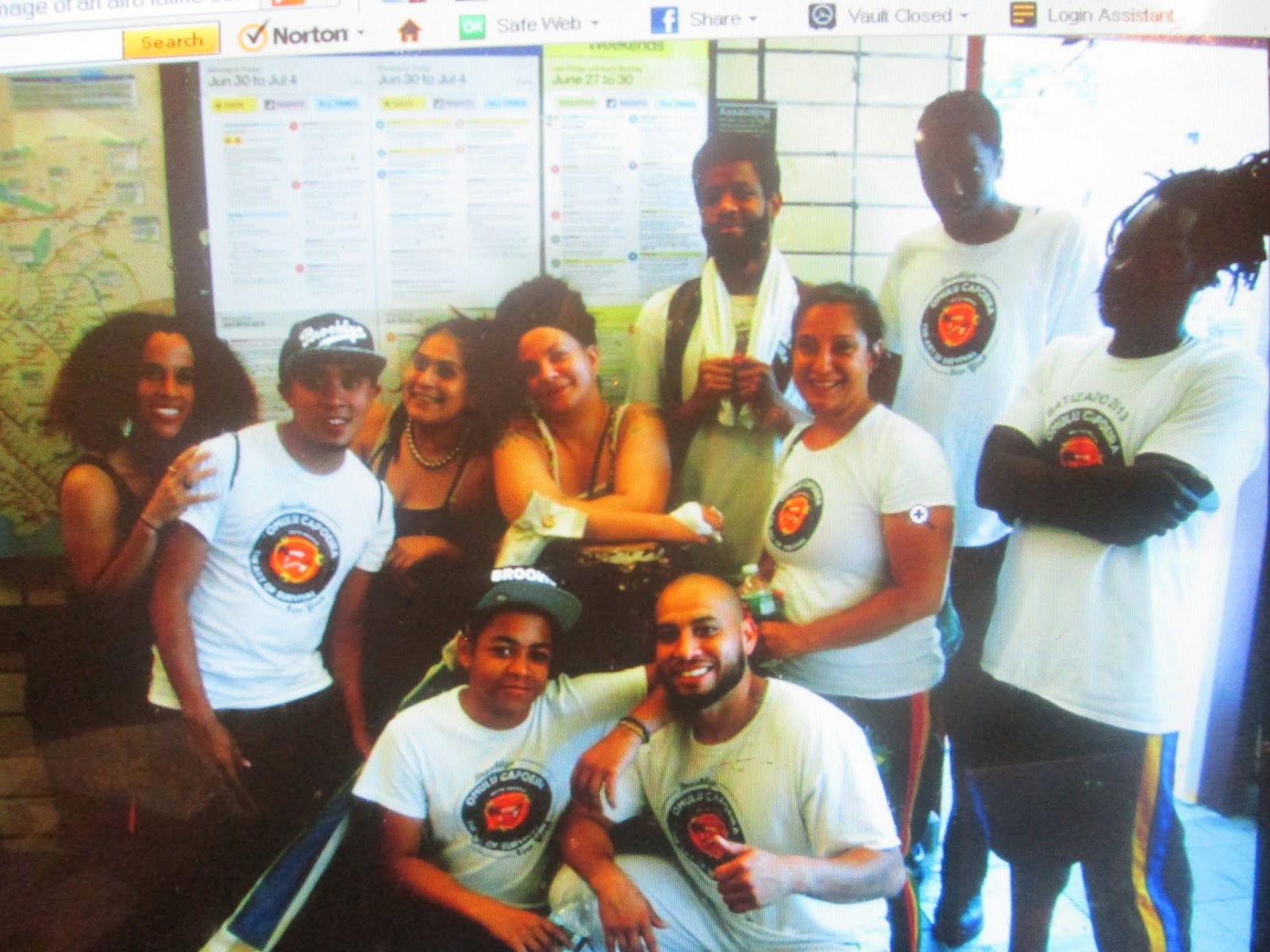Here in the US, I reached a point a long time ago where I generally feel uncomfortable speaking Spanish to native speakers who are also fluent in English. So many seem to have a complex about speaking Spanish to someone who is not stereotypically profiled as “Latin-American.”
Today at my local grocery store, I experienced a surprising, positive reaction from a Spanish-speaking cashier. I noticed her conversing in Spanish with another store employee bagging the groceries. As I stepped up to check out and not wanting to interrupt her Spanish flow, I immediately greeted her with buenas, an abbreviated expression for good morning, good afternoon, or good evening.
I was pleasantly surprised by the way she responded to me as though I too were a native Spanish speaker. We then exchanged parting words, ¡que te vaya bien (have a good one)!, ¡igual (you too)!, common in the Latin-American community. I felt proud of her, and of course, pleased at the opportunity to use my own Spanish.
Any time that I'm in a Latin-American restaurant, I tip better when staff members interact with me in Spanish. At work, there are colleagues from various Latin American countries who generally communicate with me in Spanish and are always open to giving me advice and answering my questions concerning proper grammar. Unlike so many bilingual people I meet, these gentlemen greatly appreciate my efforts to improve my Spanish.
In my quest to develop Spanish fluency, I get my best opportunities vacationing in Latin-American countries. Here in the US, I reached a point a long time ago where I generally feel uncomfortable speaking Spanish to native speakers who are also fluent in English. So many seem to have a complex about speaking Spanish to someone who is not stereotypically profiled as “Latin-American.” They forget that real Latinos come in all colors and are members of varying ethnic groups, not just Spanish, Mestizo, and Indigenous.
I had a good laugh one evening in San Francisco when a friend from India and I were walking to a local restaurant to get a snack. A mono-lingual Spanish-speaker got right in her face (not mine) asking if she speaks Spanish because he needed directions. You should have seen the look on his face when it turned out to be I who gave him the directions he needed. My Indian friend does not speak Spanish.
In New York City, a few days after my arrival from Caracas, Venezuela. I was walking from my cousin's house to the subway station, and passed by a housing project where a Latino gentleman was vehemently explaining something in Spanish to a couple of friends. He suddenly stopped and looked at me with fear in his eyes, seemly hoping that I was not a robber. After all, this was in the notorious South Bronx—at night.
Again, not wanting to interrupt a Spanish-speaking flow, I said con permiso (excuse me) as I walked by. In eloquent English, he responded with “certainly!” Now, in a city with a relatively large Afro-Latino population, you would think that he is accustomed to seeing blacks who can speak Spanish. Why did he respond in me English?
I once read a blog post by a Mexican-American woman in Arizona who was deeply disturbed about receiving information from a business that was written in Spanish. She states that she understands Spanish very well, but would have preferred English. What's the matter, does she think her Spanish makes her less of an American? If so, she is fooling herself. Spanish was spoken in what we know today as the United States before the United States was born. Appalled by her self-snobbery, I posted the following comment on her blog:
“Here I am knocking myself out daily trying to develop fluency in Spanish, and am always amazed at people who are blessed with the knowledge of both Spanish and English who appear to be so ashamed of it as though it is some sort of a curse.”
The woman never responded. I hoped that she would have because I'm always open to seeing opposing views. Who knows, I may learn something.
There is, however, one city in the US where the Spanish speakers are in-your-face proud—Miami. The Cuban people who populate the area love their language and culture. I entered a Cuban restaurant and the manager greeted me in English with a thick Cuban accent. When I ordered in Spanish, he and his staff happily made me feel very welcome. Even the customers who overheard me were pleased.
I've always considered Miami to be an honorary Latin American city where no one feels a need to get cute and answer you in English. Miami Cubans don't care who you are; they are always ready to roll in their native tongue.

No comments:
Post a Comment
Anonymous comments will be ignored and deleted.